

On Lavender(2025)
A documentary that is a deep exploration of gender identity within the context of Greek society, providing a multi-layered narrative that reflects the experiences of individuals navigating the complexities of gender in a culture where these topics are still emerging. Over four years, the filmmakers captured intimate stories of people confronting their gender identities, revealing how personal, societal, and familial expectations shape their journeys. The documentary aims to challenge the traditional norms of gender and to give voice to those whose experiences are often marginalized. It marks a significant step in Greece’s cinematic exploration of LGBTQ+ themes and is a pivotal contribution to the global conversation on gender identity.
Movie: On Lavender
Top 10 Billed Cast
Self
Self
Self
Self
Self
Self
Self
Self
Video Trailer On Lavender
Similar Movies
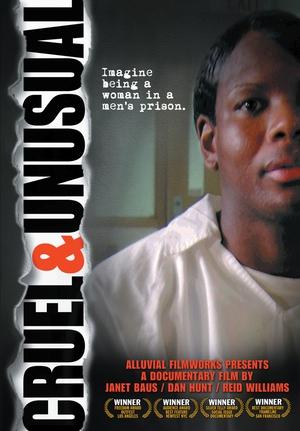 5.5
5.5Cruel and Unusual(en)
Five transgender women share their prison experiences. Interviews with attorneys, doctors, and other experts are also included.
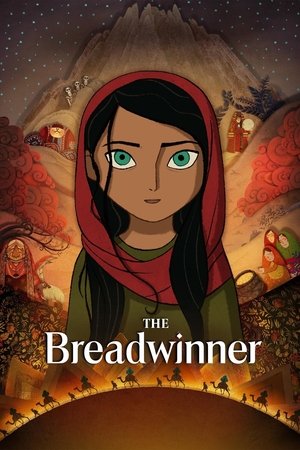 7.8
7.8The Breadwinner(en)
A headstrong young girl in Afghanistan, ruled by the Taliban, disguises herself as a boy in order to provide for her family.
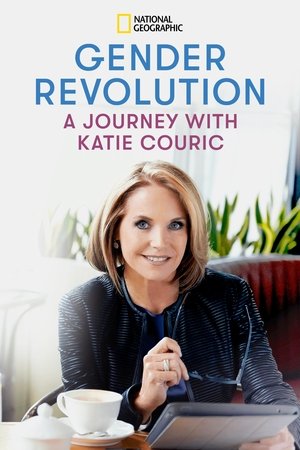 5.9
5.9Gender Revolution: A Journey with Katie Couric(en)
Katie Couric travels across the U.S. to talk with scientists, psychologists, activists, authors and families about the complex issue of gender.
 5.0
5.0Queer Japan(ja)
Trailblazing artists, activists, and everyday people from across the spectrum of gender and sexuality defy social norms and dare to live unconventional lives in this kaleidoscopic view of LGBTQ+ culture in contemporary Japan.
 7.5
7.5Sharon Stone: Survival Instinct(fr)
30 years after Basic Instinct, Sharon Stone is still stigmatized for her role as a sexual psychopath. But the Oscar nominee has always fought against domination. She embodies the independent woman of the 21st century, who refuses to be invisibilized and a "passive" object, subjected only to the male gaze.
 0.0
0.0Siamo qui(it)
Activists of the LGBTQ+ association Rain Arcigay Caserta come back living in a property given to them in concession, confiscated from the Camorra in Castel Volturno. The goal is to reconnect with the local inhabitants and propose a new idea of sharing and regenerating the park.
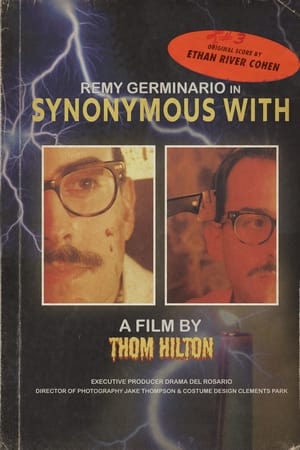 0.0
0.0Synonymous With(en)
A student's increasingly intimate line of questioning causes his interview with a local horror host to take a vulnerable turn.
 0.0
0.0The Perfumed Garden(ar)
THE PERFUMED GARDEN is an exploration of the myths and realities of sensuality and sexuality in Arab society, a world of taboos and of erotic literature. Through interviews with men and women of all ages, classes, and sexual orientation, the film lifts a corner of the veil that usually shrouds discussion of this subject in the Arab world. Made by an Algerian-French woman director, the film begins by looking at the record of a more permissive history, and ends with the experiences of contemporary lovers from mixed backgrounds. It examines the personal issues raised by the desire for pleasure, amidst societal pressures for chastity and virginity. The film discusses pre-marital sex, courtship and marriage, familial pressures, private vs. public spaces, social taboos (and the desire to break them), and issues of language.
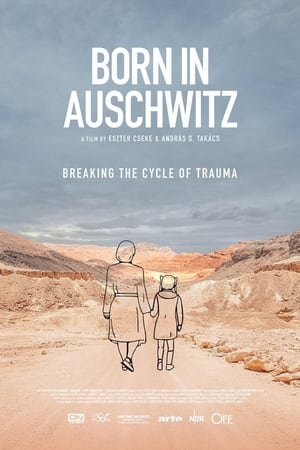 8.0
8.0Born in Auschwitz(hu)
The untold story of a Jewish baby who was born in the death camp before the liberation and survived. An extraordinary journey of the second and third generation, breaking the cycle of trauma to free themselves from Auschwitz - forever.
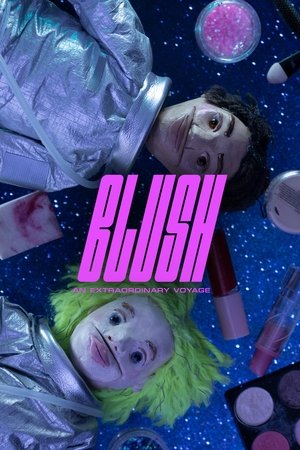 7.7
7.7Blush: An Extraordinary Voyage(fi)
For 18-year-old Finnish–Kosovan Fatu, a simple visit to the grocery store feels as nerve-racking as a lunar expedition: for the first time in his life, he’s wearing makeup in public. Luckily his best friend Rai, a young woman on the spectrum of autism, is there to ferociously support him through the voyage.
Nottingham’s First Ever Trans Pride(en)
A short documentary explaining the importance of queer community that is safe and radical. Filmed at Nottingham’s first ever transgender pride
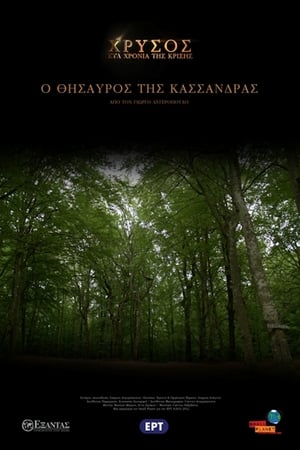 0.0
0.0Golden Times – Cassandra’s Treasure(el)
The exploitation of the country’s mineral wealth is projected as the most reasonable solution to deal with the economic crisis that plagues Greece. The Greek state has ceded its mining rights over 31.700 ha of land in northern Halkidiki, a region rich in gold, copper and other metals, to the Canadian multinational company Eldorado Gold. However, many of the region’s inhabitants, who have been resisting the construction of a goldmine for years, claim that this investment will cause irreparable damage to the environment and the benefits will be fewer than the losses. “Cassandra’s Treasure” presents a detailed picture of the modern Greek state before and during the crisis period.
The Codes of Gender(en)
Arguing that advertising not only sells things, but also ideas about the world, media scholar Sut Jhally offers a blistering analysis of commercial culture's inability to let go of reactionary gender representations. Jhally's starting point is the breakthrough work of the late sociologist Erving Goffman, whose 1959 book The Presentation of the Self in Everyday Life prefigured the growing field of performance studies. Jhally applies Goffman's analysis of the body in print advertising to hundreds of print ads today, uncovering an astonishing pattern of regressive and destructive gender codes. By looking beyond advertising as a medium that simply sells products, and beyond analyses of gender that tend to focus on either biology or objectification, The Codes of Gender offers important insights into the social construction of masculinity and femininity, the relationship between gender and power, and the everyday performance of cultural norms.
 6.0
6.0Queerkamp(nl)
It takes courage to be a queer teenager at an LGBTQIA+ youth summer camp. Along with 65 other queer youngsters, Faas, Fano, Jeroen, and Finley are on their first summer camp, spending five intensive days of workshops that teach them how they can love themselves more. For the first time in their lives, the youths are surrounded by peers, all struggling with the same problems and feelings. As different as they are, they all share one thing: the need for contact and understanding. Mutual recognition of each other’s childhood or coming-out stories stirs up more emotions than they may have thought. Will this help them get closer to each other and eventually themselves?
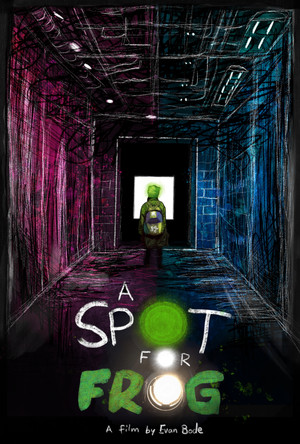 8.0
8.0A Spot for Frog(en)
Locked out of the school art room, a creative non-binary teen named Frog grapples with anxiety as they seek a new place to eat lunch. Imagination blurs with reality in this hybrid work of live action and animation about finding a place to belong.
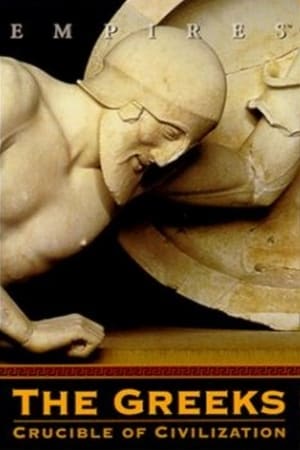 0.0
0.0The Greeks: Crucible of Civilization(en)
It was perhaps the most spectacular flourishing of imagination and achievement in recorded history. In the Fourth and Fifth Centuries BC, the Greeks built an empire that stretched across the Mediterranean from Asia to Spain. They laid the foundations of modern science, politics, warfare and philosophy, and produced some of the most breathtaking art and architecture the world has ever seen. This series, narrated by Liam Neeson, recounts the rise, glory, demise and legacy of the empire that marked the dawn of Western civilization. The story of this astonishing civilization is told through the lives of heroes of ancient Greece. The latest advances in computer and television technology rebuild the Acropolis, recreate the Battle of Marathon and restore the grandeur of the Academy, where Socrates, Plato and Aristotle forged the foundation of Western thought.
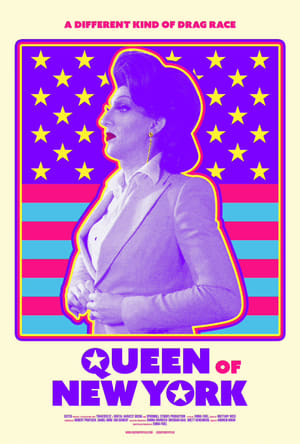 0.0
0.0Queen of New York(en)
Welcome to a different kind of drag race! As NYC emerges from the chaos of 2020, Marti Cummings (they/them), an audacious and big-hearted drag queen, goes all out in a historic bid to become a City Councilperson. It’s one of the most hotly contested Council races in years, and Marti’s strongest competitor is Shaun Abreu, a tenants’ lawyer with deep roots in the district’s Latinx community. As these first-timers race to do the most good for their Upper Manhattan neighbors, they offer very different visions for Democratic politics – one in a suit and tie, the other in combat boots and floral print. As this immersive documentary reveals, Marti’s passion inspires queer activists and allies to change the political system. Their campaign becomes a community of its own, especially for Marti’s non-binary peers who have never before seen themselves represented.
 0.0
0.0Femmenell (City of Mermaids)(it)
A journey between the sacred and profane in which the Femminielli, an ancient non-binary Neapolitan figure, fight for their survival against the globalizing tides of modernity.
 0.0
0.0It Will Always End in the End(fr)
Gabriel Drolet-Maguire, a designer living in Montreal, takes us into their artistic world to discuss their HIV diagnosis. This is a timely and hopeful look at past and present day HIV/AIDS activism in Quebec.
 7.6
7.6Revolutionary Girl Utena: The Movie(ja)
In a loose retelling of the Revolutionary Girl Utena TV series, Utena Tenjou arrives at Ohtori Academy, only to be immediately swept up in a series of duels for the hand of her classmate Anthy Himemiya and the power she supposedly holds. At the same time, Utena reunites with Touga Kiryuu, a friend from her childhood who seems to know the secrets behind the duels. Utena must discover those secrets for herself, before the power that rules Ohtori claims her and her friends, new and old.


